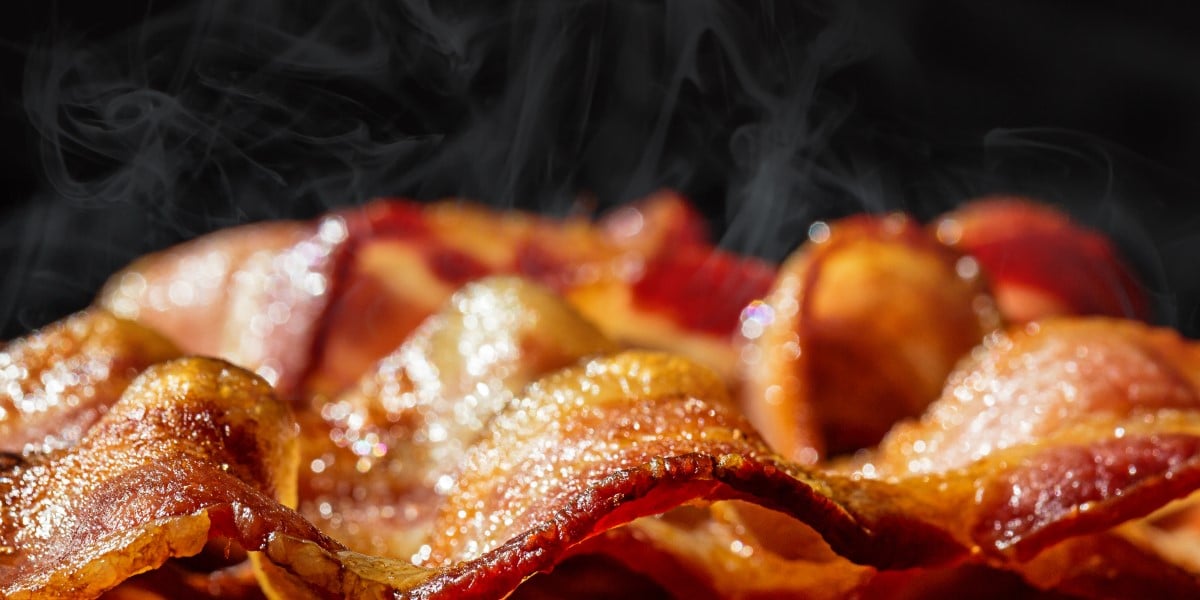
Fryers of bacon who hope enhanced technology will stop alarms going off over the slightest whiff of smoking oil will have to wait a while longer. At least, that's according to research from the US National Institute of Standards and Technology (NIST). Every home should have smoke alarms.
According to NIST , between 1975 and 2000, the percentage of homes with smoke alarms rose from less than 10 percent to more than 95 percent. In the same period, the number of deaths from home fires was cut in half. While it is important not to confuse causation with coincidence, the benefit of equipping a house with smoke alarms is clear.

NIST said, "The wide adoption of home smoke alarms is one of the greatest success stories in the history of fire safety." However, the devices also bring the potential for a high degree of annoyance thanks to nuisance alarms that ring out during everyday tasks, such as cooking. The devices can be muted or temporarily disabled, but doing so could put the user at risk of them not going off in a real emergency.
UL 217 provides a standard for smoke alarms, and an eighth edition came into effect on June 30, 2024, with some specific tests for reducing nuisance alarms and detecting polyurethane foam fires. The updated standard requires that smoke detectors be able to detect types of smoke. It also accounts for nuisance alarms due to worries that the next generation of smoke detectors might end up being too sensitive.
Hence, the test for nuisance alarms. According to NIST, "To pass this test, two standardized hamburger patties are broiled 10 feet [3 meters] away from a smoke alarm. The alarm passes the test if it doesn't go off.
" Devices from the previous generation failed the test. And, frankly, the neighbors of this writer could have told NIST that after a dawn chorus of beeping every Sunday morning. But as for the new generation? The ones that can pass the standard for spotting smoldering fires? We have bad news.
"It was a mixed bag," said NIST's Thomas Cleary. "Compared to the old alarms, the new alarms weren't universally better at not going off during cooking." The NIST team tried cooking a variety of foods – from bacon to grilled cheese – but the results were pretty much the same.
In a way, this is good news – while the new detectors are more sensitive, there wasn't an increase in nuisance alarms. However, the alarms still went off when cooking was happening. The advice is, therefore, the same as before.
Ensure your kitchen is well-ventilated and your alarms are a few meters from the cooking area. While the next generation of smoke detectors can spot different kinds of fires, the research from NIST shows that they are no better and – importantly – no worse at separating the fragrance of a delicious bacon sandwich from something more sinister. ®.













